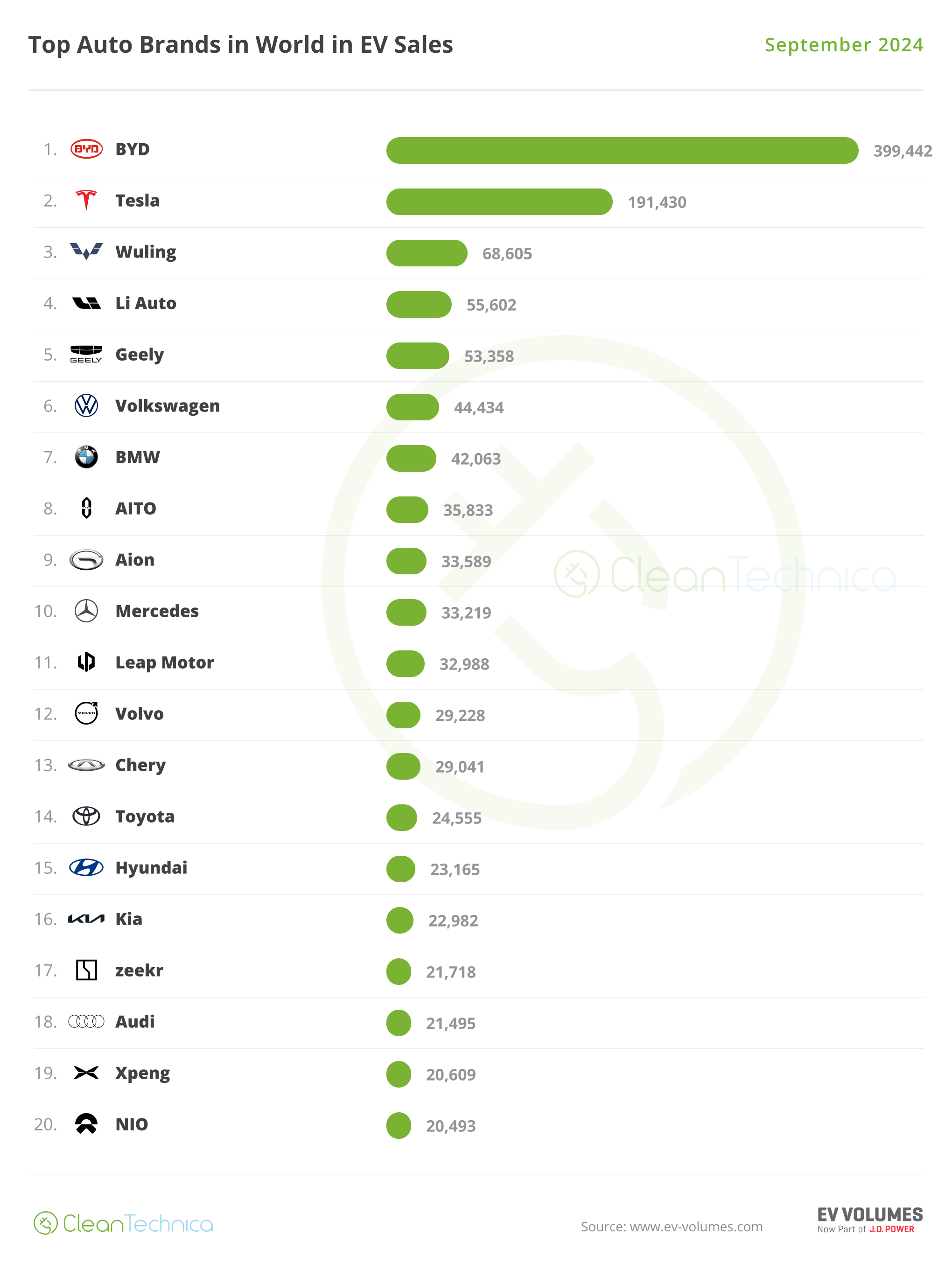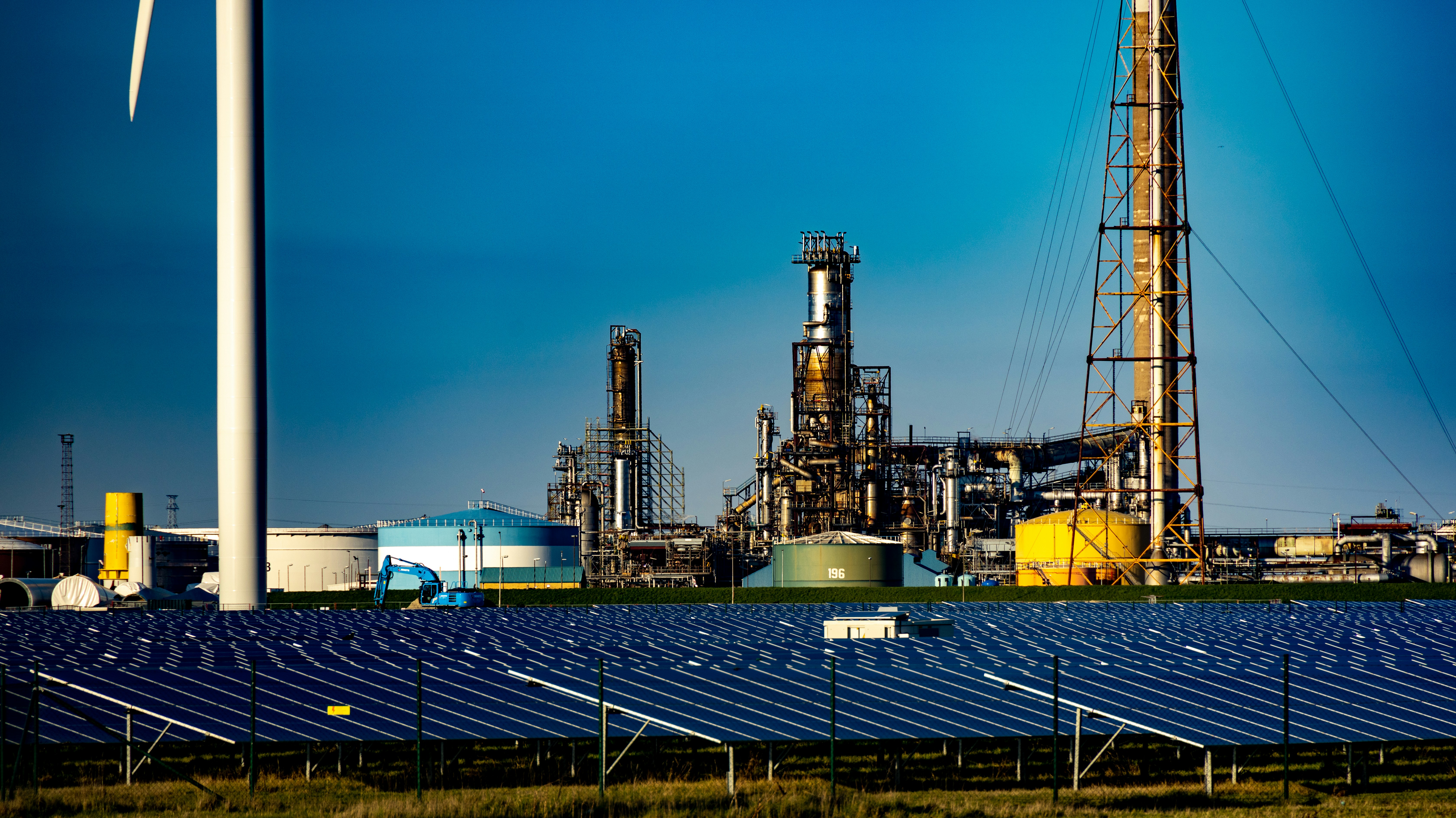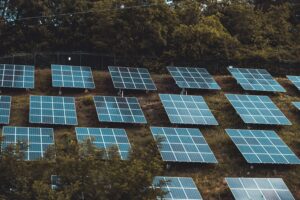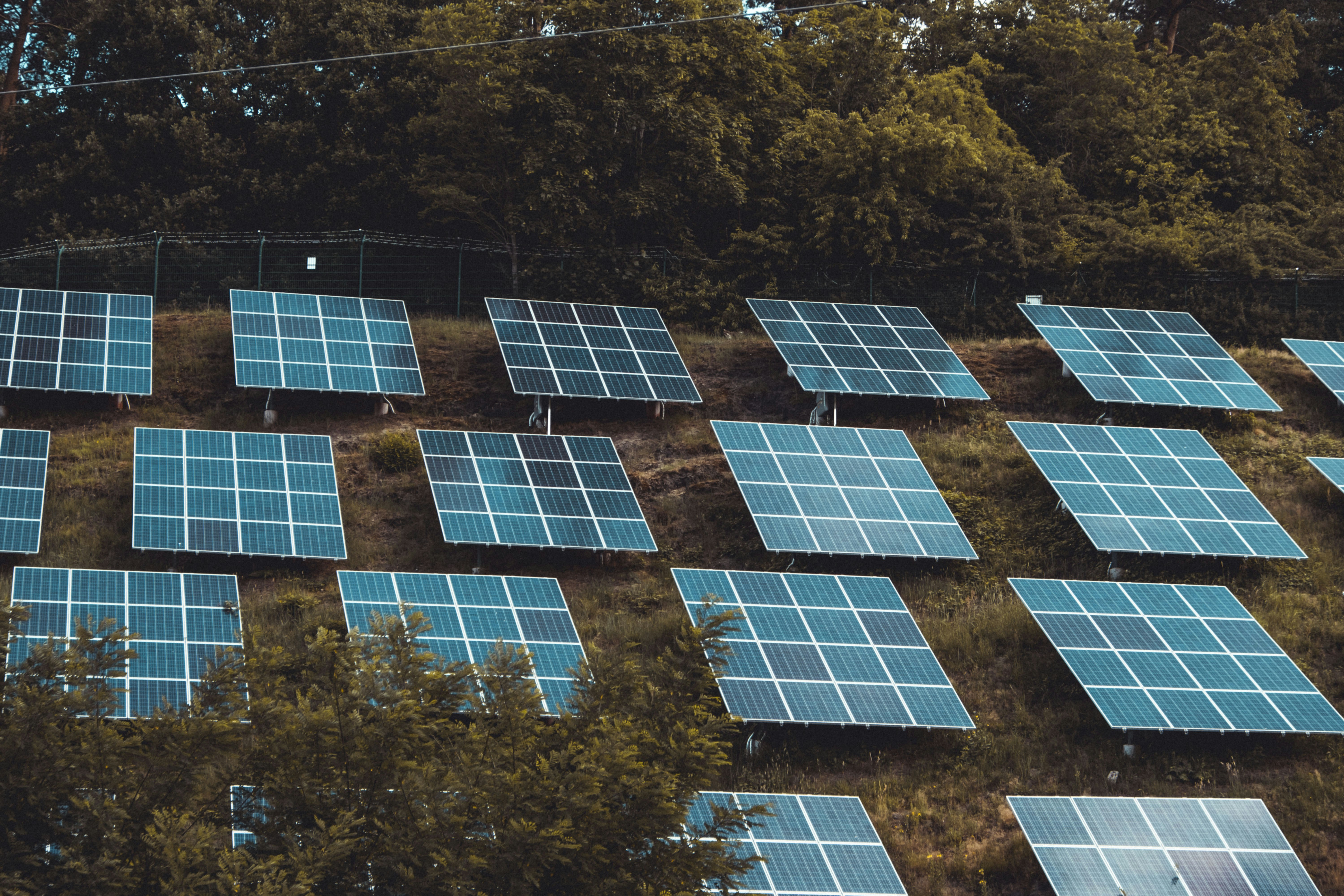
Tripling renewable vitality by 2030 ‘formidable however doable’
By Catherine HOURS
Paris (AFP) Nov 30, 2023
Host United Arab Emirates desires almost 200 nations attending the COP28 local weather summit beginning Thursday to decide to tripling put in renewable vitality capability worldwide by 2030, a aim consultants say is “formidable however achievable”.
If the UN discussion board units that focus on in stone, it may develop into a key marker of COP28’s success, particularly if coupled with a pledge to drawn down fossil gas use.
– Why triple renewable vitality? –
In September, the G20 — accounting for 80 p.c of world greenhouse fuel emissions — broke new floor in endorsing the aim of tripling renewable vitality capability by the top of the last decade.
The membership of main economies remained silent, nevertheless, on the necessity to cut back fossil gas use, which may also be on the desk in the course of the two-week assembly in Dubai.
For Dave Jones, an skilled with assume tank Ember, the G20’s assertion has helped push renewables again to centre stage.
“We had been too busy worrying about hydrogen and carbon seize,” he informed AFP. “These applied sciences are going to assist clear up the issue, however they don’t seem to be going to be the driving drive behind the answer.”
All credible pathways for reaching international carbon neutrality by mid-century depend upon massively scaling up wind, photo voltaic, hydroelectric and different renewable energies, comparable to biomass.
That is “the only most vital lever” for decreasing carbon air pollution from burning fossil fuels, and capping warming beneath the Paris Settlement threshold of 1.5 levels Celsius in contrast with the pre-industrial interval, the Worldwide Vitality Company (IEA) has stated.
“Attaining web zero emissions from the vitality sector by 2050 rests on the world’s skill to triple renewable vitality capability by 2030,” the intergovernmental physique stated in a latest report.
Doing so would keep away from some seven billion tonnes of CO2 emissions over the following seven years, placing a giant dent within the 37 billion tonnes that the world at the moment emits yearly.
Fast growth of renewables would cowl skyrocketing demand for electrical energy linked to move, heating and particularly air con.
It might additionally minimize in half the quantity of electrical energy generated by coal, the primary supply of CO2.
– How a lot vitality? –
“Concretely, we would want to extend from 3,600 gigawatts (GW) from renewables on the finish of 2022 to 11,000 GW in 2030,” defined Jones.
That may imply including 1,500 GW of recent put in capability yearly by 2030, up from 300 GW in 2022 and an estimated 500 GW on this yr.
Progress is seen. Between 2015 and 2022, renewable capability elevated 11 p.c per yr, on common.
Towards a backdrop of hovering oil costs and vitality insecurity linked to the battle in Ukraine, the IEA forecasts unprecedented development of about 30 p.c in 2023.
China may attain its 2030 goal of 1,200 GW capability from photovoltaics 5 years early. A surge within the provide of parts — principally from China — may assist guarantee a further 1,000 GW of photo voltaic capability by the top of subsequent yr, Jones stated.
Wind energy, nevertheless, has hit obstacles within the type of rising prices and rates of interest.
Not all international locations should make the identical efforts to slash emissions. Of 57 nations analysed, greater than half had been on observe to satisfy or exceed their 2030 targets, the Ember evaluation factors out.
However different massive emitters comparable to Australia, Japan, South Korea and United Arab Emirates nonetheless have plenty of room for enchancment.
– How can this be achieved? –
Final yr, 1,000 GW of wind and solar energy capability within the pipeline didn’t materialise attributable to underdeveloped electrical energy grids and obstacles to allowing, in response to the Ren21 analysis community.
One other bottleneck is finance. Wind and photo voltaic are the most affordable technique to generate vitality and are fast to deploy, however require funding to get off the bottom, significantly in rising and creating international locations.
And but solely two p.c of vitality transition funding between 2000 and 2020 went to Africa, the place half the inhabitants nonetheless lacks electrical energy, in response to the Renewable Vitality Company (Irena).
“We want 4 trillion {dollars} a yr and we’re a great distance from that,” stated Ren21 director Rana Adib. “We all know that the vitality transition additionally means stopping new funding in fossil fuels”.
In 2022, hydrocarbons had been subsidised twice as a lot as in 2021 to the tune of almost $1.Three trillion in G20 international locations alone, in response to BloombergNEF.
This “may have financed 1,900 GW of solar energy crops, or ten instances the capability put in by the G20 final yr,” the vitality assume tanks calculated.
The consequence of this example is evident, insisted Adib, with oil, fuel and coal nonetheless accounting for greater than 80 p.c of the world’s closing vitality consumption, a fee that has not modified for years.
Associated Hyperlinks
All About Photo voltaic Vitality at SolarDaily.com




